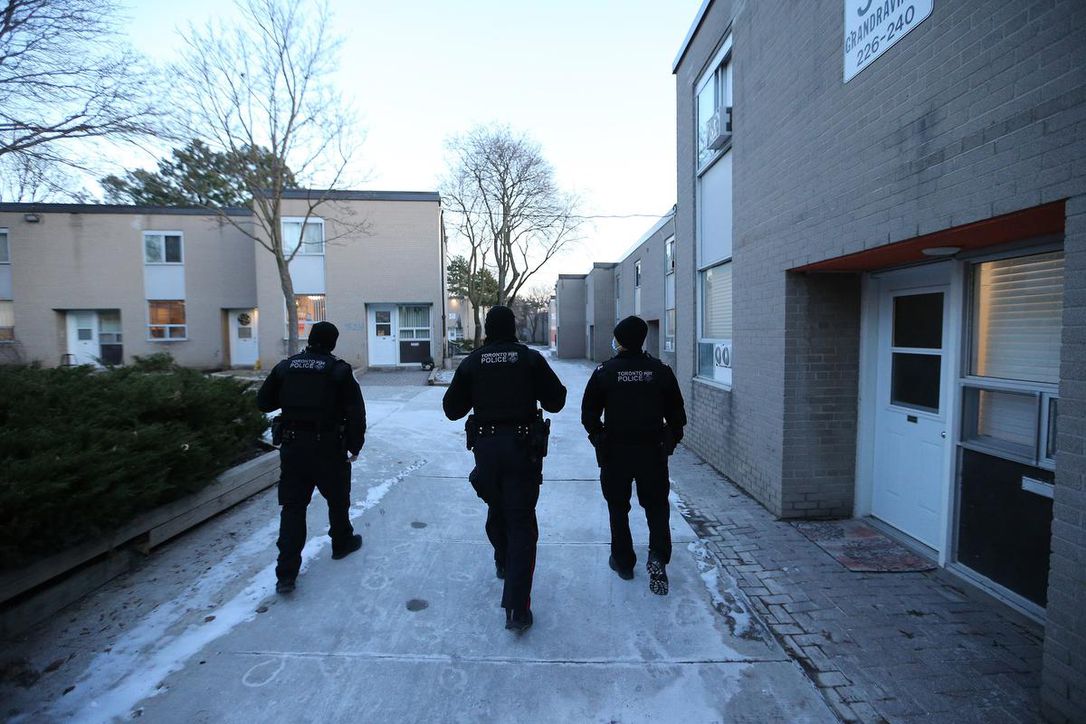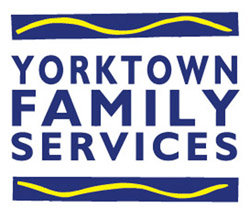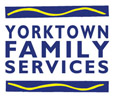
Yorktown Family Services and Toronto Police Public Safety Response Team Announce Partnership
January 19, 2021
Yorktown Family Services 2019/20 Award Recipients
March 8, 2021The effects of the COVID-19 global pandemic has had a profound impact on our lives. For many, the stress of juggling working from home and home-schooling the kids, the anxiety of financial difficulties due to job loss or reduced income, as well isolation from friends, family, and support networks, are taking a toll on mental health.
For women and children who face domestic violence and abuse at home, the current Stay at Home order not only amplifies an already volatile situation, but also creates barriers in seeking help. Various national surveys on Violence Against Women (VAW) and Transitional Support Services have been conducted over the span of the pandemic. Released in November, Shelter Voices 2020 indicated that 59% of VAW Shelters and Transitional Housing providers reported an increase in Crisis Calls and 54% reported an increase in requests for admissions. The United Nations has dubbed this global increase in domestic violence amid the COVID-19 health crisis “The Shadow Pandemic”.
Karen Blake, Manager of Community-Based Violence Prevention Programs at Yorktown Family Services, is witness to the strain the pandemic is putting on families in our communities. Karen coordinates two of Yorktown’s longest running Community Violence Prevention programs: Here to Help, a group for mothers and their children to heal emotionally after escaping domestic abuse, and Mindful Fathering®, a group for fathers who have exposed their children to abuse and want to break the cycle of violence. In response to the COVID-19 pandemic, both Here to Help and Mindful Fathering® are being offered virtually through video conferencing.
Karen reports that calls from women facing domestic violence has increase by at least 30%; a conservative estimate. “Think of all the difficulties that we all face since the start of the pandemic, and quadruple them,” says Karen referring to the added challenges vulnerable Canadians face. A significant number of the families that access our programs live in poverty-stricken communities with high immigrant populations. They struggle with lack of income, inability to find suitable affordable housing, and face language barriers. Many have food insecurities and are unable to access the bare necessities. Some families are cramped into one-bedroom apartments, with no privacy or space for children to do their school work. Add to this the emotional trauma of domestic violence; it all takes a heavy toll on mental health.
At the onset of the pandemic, Yorktown rapidly mobilized our work force to deliver services remotely, via phone and online platforms. Leaving an abusive relationship is not a clear-cut decision. Those that do leave, are facing far more barriers than ever before. Karen has seen a spike in cases of depression, substance abuse, and suicidal ideation. Participants in the virtual Here to Help program consider those few hours a week they spend with other moms and their children a real lifeline. The sessions provide mothers and children who have left abusive homes a safe space while they heal emotionally and support from each other as they transition to a life free of abuse. Facilitators work together with moms and their children to explore how to deal with difficult emotions, and they do that with fun, engaging activities, singing songs, telling jokes, and dancing. In this forum, children are enjoying themselves and moms are able to connect with each other and the counsellors.
Participants in the Mindful Fathering program credit the weekly virtual group sessions with improvements in their mental health and a decrease in feelings of depression and isolation. “Fathers are happy to participate in the virtual Mindful Fathering group” Karen says, as she points out that for some participants, the in-person groups held before the pandemic were difficult to access for those that lived far away. The virtual programs have actually eliminated some of the barriers to access, and Karen’s goal is to continue to run virtual versions of both Here to Help and Mindful Fathering beyond COVID-19.
Besides managing the Here to Help and Mindful Fathering programs, Karen provides tools and resources to clients. She also connects clients to numerous Yorktown programs; all are free of charge. Our Rapid Access virtual counselling service is offered five days a week to provide accessible mental health and family counselling. Women seeking to leave abusive relationships are connected to Transitional and Housing Support workers dedicated to providing intensive support to enable clients to overcome the challenges of transitioning into new lives.
A new session of Here to Help Virtual Family Connection group is starting on January 26th with another round to follow starting April 27th, 2021.
Mindful Fathering will be starting its next session on February 4th, 2021, with the next round happening some time in the Fall. Both programs are still open to new registrations.
If you would like to inquire about Here to Help or Mindful Fathering, or make a referral, you can reach Karen Blake at 416-394-2424 ext. 228, or by email at karenblake@yorktownfamilyservices.com
To learn more about Here to Help, feel free to visit our webpage here.
To learn more about Mindful Fathering, you can find the webpage here.
To access our Rapid Access Counselling Services, please call our access line at 416-669-3521.
To learn more about the various parenting programs offered throughout the year at Yorktown, you can visit our program pages for Baby Love, Parenting in the Early Years, or Supporting Young Families.
For Transitional Support Services for women who are experiencing or have experienced gender violence and abuse, please call 416-394-2950 ext. 236.



